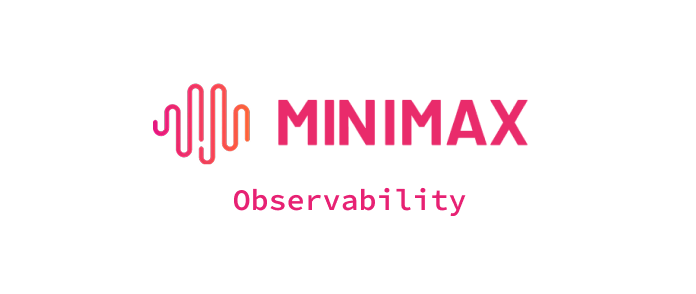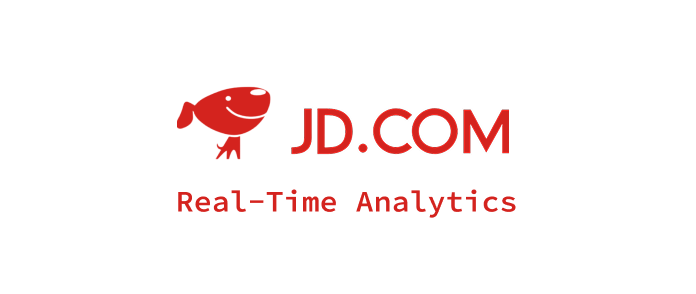- Products
- Solutions
Real-Time Analytics
Real-time database for real-time data warehousing, customer-facing and agent-facing analytics
Lakehouse Analytics
The fastest lakehouse SQL engine, replacing Trino/Presto, SparkSQL
Observability and Log Analytics
The most cost-effective alternative to Elasticsearch observability
VeloDB for AI
The AI-Ready analytics database for the AI era
- Docs
- Resources
- Pricing
- Contact us
Glossary
1
The rapid evolution of Artificial Intelligence (AI), particularly Large Language Models (LLMs), has brought forth impressive generative and reasoning capabilities.
Agentic Search marks a fundamental leap in search technology. This paper provides an in-depth analysis of how AI Agents autonomously plan, iteratively reason, and synthesize complex information to deliver structured, actionable final solutions, thereby redefining the standard for information discovery and problem-solving.
In the age of Artificial Intelligence and Big Data, we are constantly challenged by the need to process and retrieve massive amounts of complex data.
OpenSearch is a community-driven, fully open-source search and analytics suite, forked from Elasticsearch 7.10.2 and Kibana 7.10.2.
Learn what pgvector is, how it adds vector search to PostgreSQL, its limitations, performance trade-offs, and when to choose it over dedicated vector databases like Milvus or Pinecone.
In today's data-driven world, effectively storing, retrieving, and analyzing unstructured data such as text, images, and videos is a core challenge. Traditional database systems often struggle to handle this type of data efficiently.
In the rapidly evolving landscape of artificial intelligence and machine learning, the ability to perform fast and accurate similarity searches on massive datasets is crucial. Qdrant has established itself as a leading, high-performance, and production-ready vector similarity search engine and vector database.
Metadata is defined simply as "data about data." It does not constitute the raw content itself, but rather information that describes, explains, or locates the primary data.
Product Quantization (PQ) is a technique for compressing high-dimensional vectors in order to make large-scale similarity search feasible. In modern AI systems – from image search engines to recommendation systems – data is often represented as high-dimensional vectors (embeddings).
The Inverted File Index (IVF) is a widely used data structure for approximate nearest neighbor (ANN searches in high-dimensional vector spaces.
In the modern landscape of AI and massive data volumes, the ability to quickly and accurately find data points (represented as high-dimensional vectors) that are "most similar" to a given query—a process known as Nearest Neighbor Search (NNS)—is absolutely crucial.
The rapid advancement of deep learning, particularly Large Language Models (LLMs), has driven a fundamental shift in data representation. Complex data like text, images, and audio are now encoded as high-dimensional, dense vectors (Vector Embeddings).
In the world of search engines, recommendation systems, and large language models, the speed required to sift through massive datasets often conflicts with the need for high accuracy and deep semantic understanding.
In the vast ocean of digital information, finding precisely what you need can often feel like searching for a needle in a haystack. We type a few words into a search bar, expecting the universe to understand our intent, but frequently the results fall short.
In Natural Language Processing (NLP), particularly within Information Retrieval (IR) and semantic similarity tasks, the Bi-Encoder and Cross-Encoder represent the two dominant model architectures.
With the rapid advancement of artificial intelligence technology, Retrieval-Augmented Generation (RAG) has emerged as the core framework for enhancing the output quality of Large Language Models (LLMs) in enterprise-level applications.
Information Retrieval (IR), in the fields of computing and information science, is defined as the task of identifying and retrieving information system resources that are relevant to a specific information need.
LLM Observability is the comprehensive practice of monitoring, tracking, and analyzing the behavior, performance, and outputs of Large Language Models (LLMs) throughout their entire lifecycle from development to production. It provides real-time visibility into every layer of LLM-based systems, enabling organizations to understand not just what is happening with their AI models, but why specific behaviors occur, ensuring reliable, safe, and cost-effective AI operations.
A Cost-Based Optimizer (CBO) represents a sophisticated query optimization framework designed to maximize database performance by systematically evaluating multiple potential execution plans and selecting the one with the lowest estimated computational cost. In contrast to traditional rule-based optimizers, which depend on fixed heuristic rules, the CBO leverages comprehensive statistical metadata—including data distribution, table cardinality, and index availability—to make context-aware, data-driven optimization decisions.
Hybrid search is a powerful search approach that combines multiple search methodologies, primarily keyword-based (lexical) search and vector-based (semantic) search, to deliver more comprehensive and accurate search results. By leveraging the strengths of both exact term matching and semantic understanding, hybrid search provides users with relevant results that capture both literal matches and contextual meaning, significantly improving search precision and user satisfaction.
Vector search is a modern search technique that enables finding similar items by converting data into high-dimensional numerical representations called vectors or embeddings. Unlike traditional keyword-based search that matches exact terms, vector search understands semantic meaning and context, allowing users to find relevant content even when exact keywords don't match. This technology powers recommendation systems, similarity search, and AI applications by measuring mathematical distances between vectors in multi-dimensional space.


